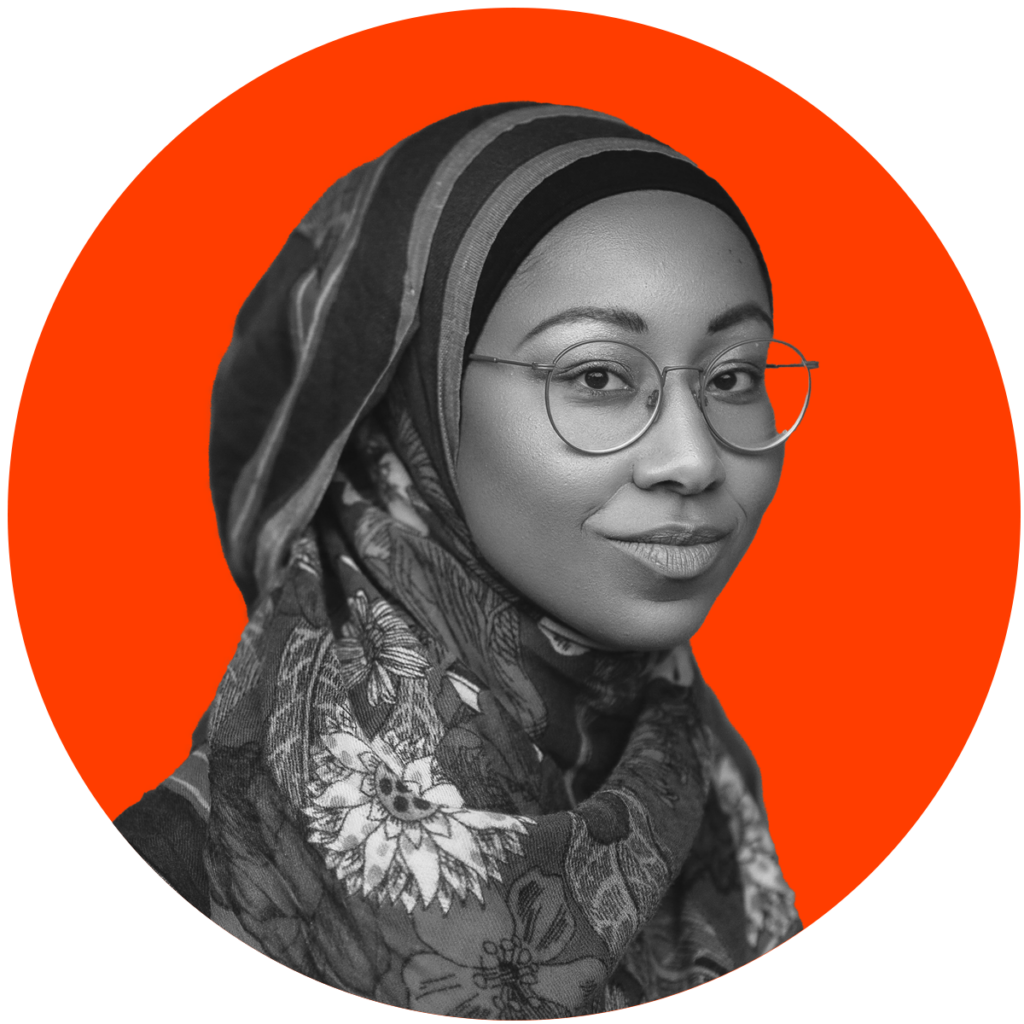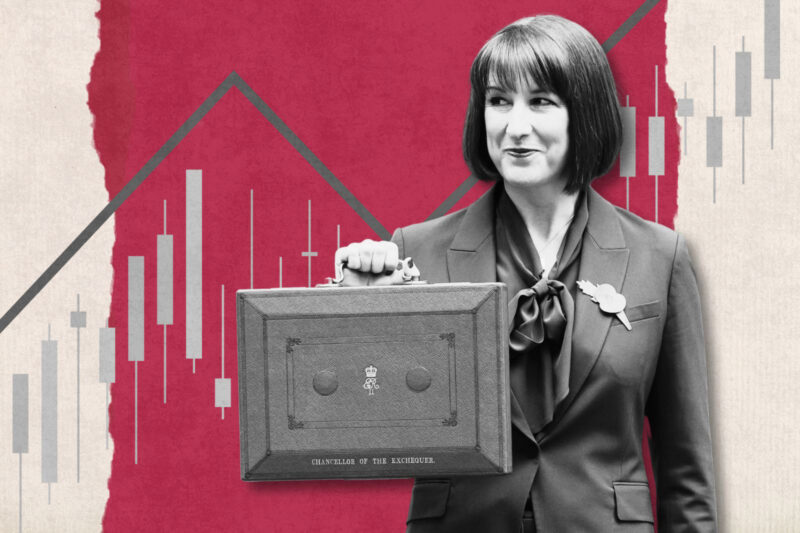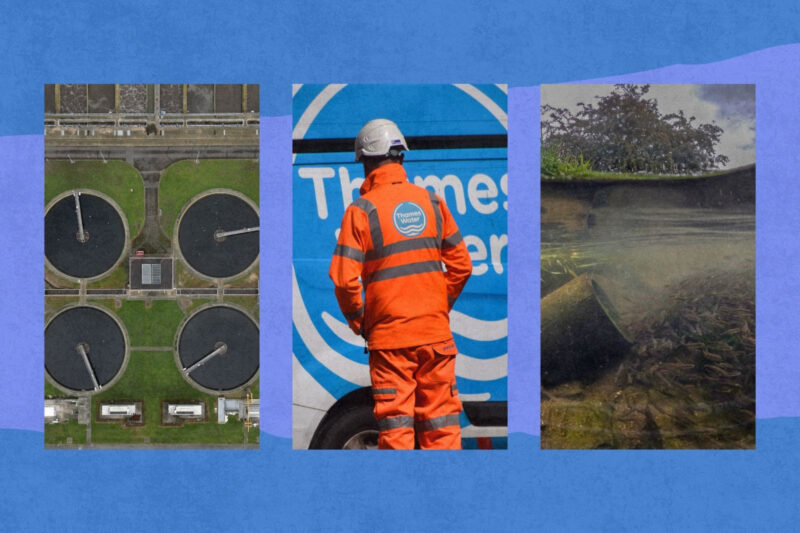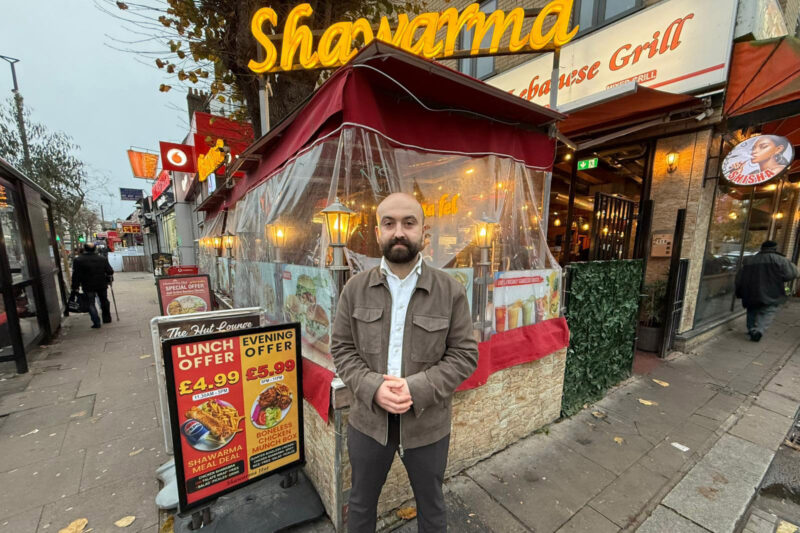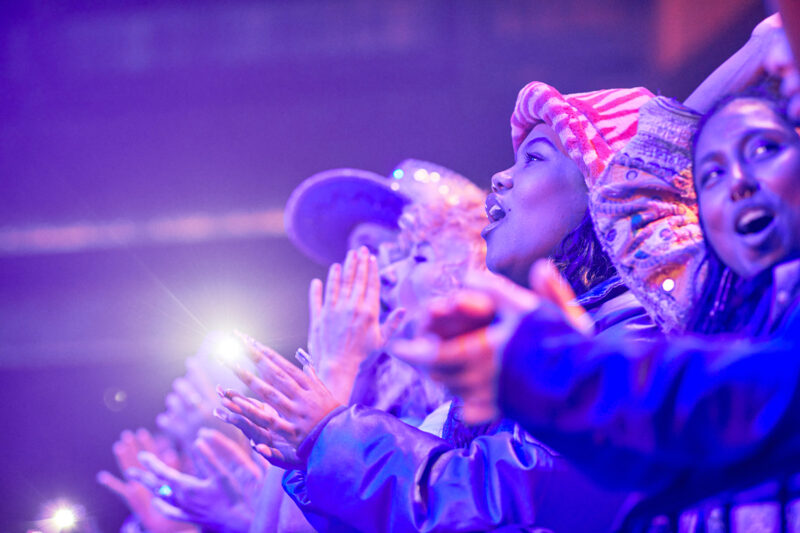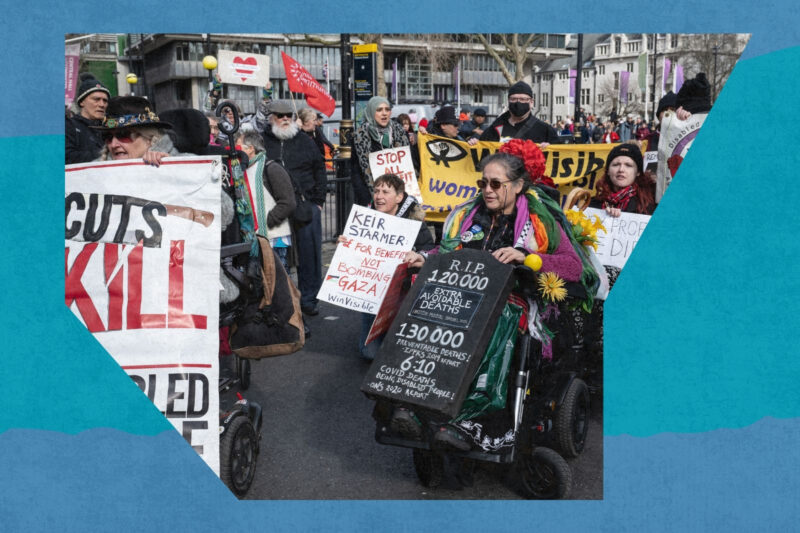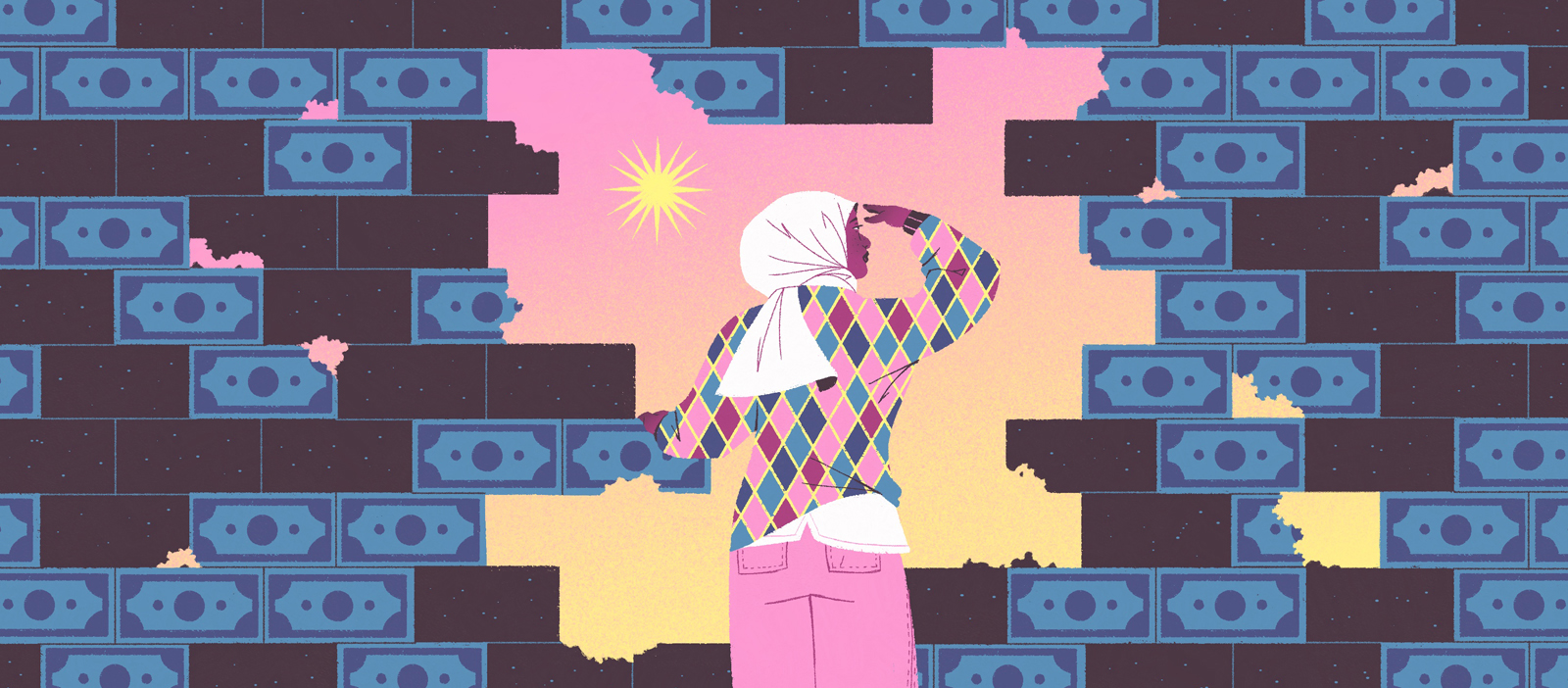
No matter how it looks from the outside, one’s professional life is as fragile as a house of cards
If we are going to continue to create, we have to find other ways of valuing our art in a world that constantly delegitimises it
It is fascinating how an innocent query at a dinner with acquaintances can turn a humdrum work event into a piquant evening of revelations. The relaxed atmosphere and social lubrication encourage buried assumptions to rise to the surface, pink, shiny and ripe for examination.
It’s not the comments you’d expect to catch me off guard that do — such as that time someone commended me for “having an education”, dismissing my aunt’s eight tertiary degrees with disturbing ease. Such comments — the racist, sexist, Islamophobic ones — barely register most of the time. Instead, it’s the questions about my creative practice that leave me breathless. They’re the ones I stumble over, stuttering and ashamed that despite the number of times I am asked, I never quite know how to answer.
“How is the writing going?” “What are you working on at the moment?” “When is it out?”
These questions sound harmless, but the precarity of a creative career means no matter how it looks from the outside, one’s professional life is as fragile as a house of cards. Progress can be slow, halting, uncertain and, on the rare occasion there is positive news to share, it feels dangerous to speak it aloud. No matter how caring or curious, these questions serve as a reminder of how anything you build can all come tumbling down.
Sometimes the questions are less existential, more material. At a recent dinner, I was asked whether I started screenwriting to “make more money”. Did I even want to write television, the questioner wondered, or was this just a cynical, economic move? Was I not making enough money from publishing books?
I didn’t know whether to laugh or cry. The assumption that there was financial stability in screenwriting seemed ludicrous, given that 88% of film and TV workers are “concerned about their financial security over the next six months” according to a poll by the UK’s media and entertainment union, BECTU. As of February 2024, more than two thirds are out of work. If I wanted to “make more money”, I felt like saying, I’d go into finance.
But I understand where the attitude comes from, because part of the challenge is the gap between perception and reality. Folks assume that bylines, publications or social media following equals financial stability. But that’s not how the creative and media industries work — certainly not in 2024.
The irony was that the person asking was a creative professional, well into their fourth decade of work. But their experience — a long, stable career with progression and creative satisfaction — felt like an unreachable fantasy. Books and bylines do not pay the bills like they used to. Going into screenwriting for the money is like learning to breakdance at 30 to fulfil the dream of an Olympic medal. Like, sure, yeah, maybe? But we can’t all be Raygun.
Authors don’t fare any better. In 2022, research found the median annual earnings for self-employed writers was £7,000. That was down from £17,608 (real terms) in 2006 and is well below the UK’s minimum wage. Considering this decline, the report, commissioned by the UK Authors’ Licensing and Collecting Society (ALCS), soberly declared “there are serious questions over the future of writing as a profession”.
Everywhere you look, there is dire news about the state of media and the arts. Whether it’s news of another beloved outlet closing, the cancellation of another show or, God forbid, another mention of generative AI, the despondency is unrelenting. Paid work is scarce, well-paid work an even rarer beast, and even those in staffed roles are under-resourced and stretched. It does feel grim, no?
I must caveat: it’s not all bad if you are at the top. The ALCS report also showed that in 2022, the top 10% of authors earned about 47% of the total income of the group. So, fine for some, but not for most.
What I try to remind myself when reading these tragic statistics is that I have to develop my own understanding of the value of my art. Yes, relying on the economic, capitalistic model of financial value is the default, but we have to find other ways of valuing our art in a world that constantly delegitimises it, if we are going to continue to create.
Each of us will have a different sense of why our creative output is worth our time, efforts and attention. Understanding the why, returning to it on a regular basis, for ourselves as much as for anyone else, is a key part of sustaining ourselves through these wild times. That’s what I tell myself, anyway, while I fill in another job application to help pay the rent.
But I feel no shame in that. I refuse to be made to feel lesser for working “money jobs” to sustain my creativity. While I do believe that the creative industries should be adequately supported financially by the state, I am not holding my breath for that moment to arrive. Even if it did, my visa status might mean I’m not even able to benefit from it.
We have to do what we can to make our artistic practices sustainable. Because in such a hostile environment, how else are we to hold on to our desire to be creative?
I cannot control how my work is received, or how much “the market” considers it is worth, or what opportunities come through my door. What I can control is where I put my time and energy, and I can remind myself of the privilege of creating art in the first place.
The question of how to continue is one I ask myself almost every day. But ultimately, I come back to the same refrain. I have to be getting enough out of the process to make the challenge worth it.
Being a working writer is a tough gig. If there is no enjoyment, no personal desire or thrill or titillation, then why torment myself on a thankless path? There is no glory in the grind. Alhamdulillah today, I continue to get enough personal satisfaction from the creation of the work that the difficulty of putting it out into the world is worth it. But if that changes, and it changes for long enough, then I am committed to reconsidering the path that I’m on. My physical, mental and social health depends on it, and no creative output is worth my life.
 Newsletter
Newsletter

